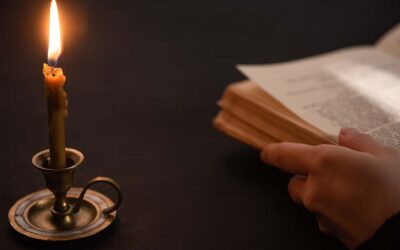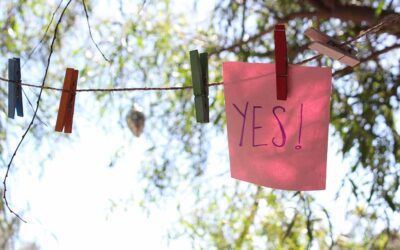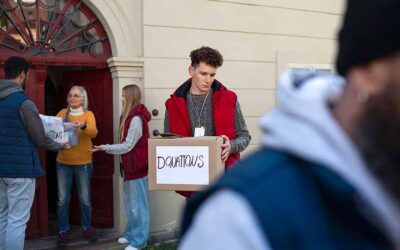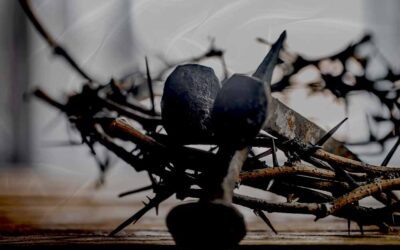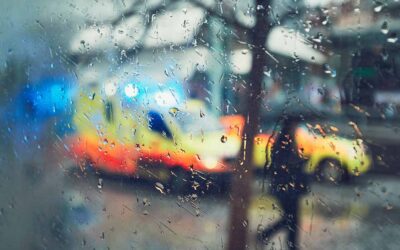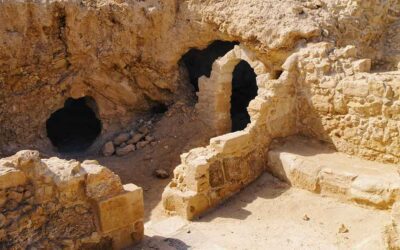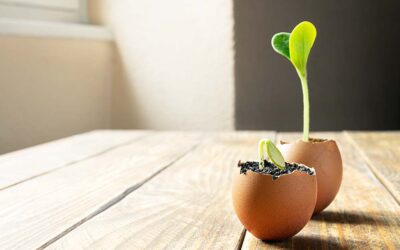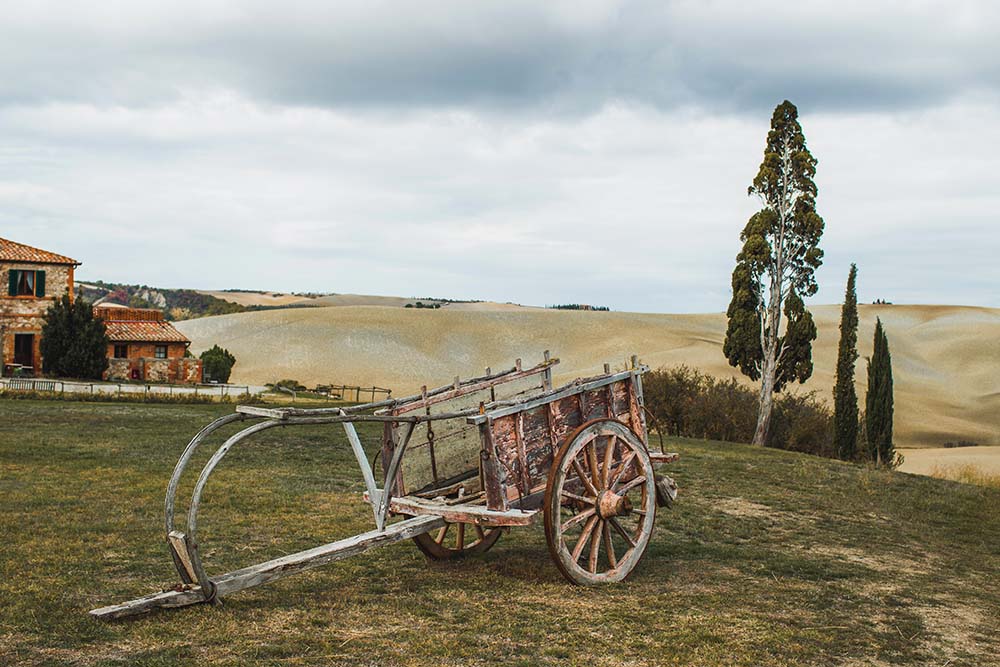
No man, having put his hand to the plough, and looking back,
Is fit for the Kingdom of God.
Collect For Epiphany 1 (Plough Sunday)
The celebration on the First Sunday after Epiphany has been increasingly revived in modern times as ‘Plough Sunday’ – a tradition that goes back centuries (the earliest record dates back to 1423 in Durham Cathedral). In the agricultural calendar, as the days start to stretch and the coming spring light promises to defeat the darkness of winter, it signals the first ploughing of the year which takes place on the first working day after the Christmas season on ‘Plough Monday’. Essentially, our Plough Service is a way in which we can say ‘Please’ – just as on Harvest Sunday, we say ‘Thank you’. The Plough Sunday liturgy is beautiful and poetic, and as we stand in blessing around the decorated plough in Church, we are reminded of our own responsibilities to care for God’s creation.
I suspect that if asked where the food they are eating comes from, the answer from many would be Aldi, Supervalu or Tesco (ok, Waitrose if you’re posh…). We need to remember that if a farmer doesn’t grow it, we can’t eat it – and unless we in turn care for God’s provision in creation, the land will die. We use chemical fertilisers, toxic weedkillers, antibiotics and hormones to enhance growth; all of these may appear to increase productivity and yield – but in the longer term, they literally will cost the earth.
In recent years, we have seen a welcome increase in the availability of organic and/ or Fairtrade produce, even better when locally grown. Yes, it’s more expensive (and there’s no denying that challenge when people are already struggling) – but much of the cost is markup by large retail chains, which maintain their profit by driving down supplier costs. Then it’s not just small farmers who struggle, but local shops, and they will not be able to last much longer against the competitive power of the multinationals. In the end, rather than enjoying food that has been responsibly produced with care and consideration for the environment and has a known provenance – if at all possible, sourced locally – we will eat the refined product of a heartless industrialised process. We may as well just live on vitamin pills.
Of course, individually we can’t make much of a difference – but giving thanks that we have been given all we need – and concentrating on that, rather than what we want, becoming more aware and behaving more responsibility, every small difference adds up. We are commanded to preserve God’s gift of creation’s rich, healthy soil on behalf of future generations, not to waste that gift on a dying desert choked by thorns. That’s your choice. Choose life.
The following prayer is taken from the Plough Service Liturgy.
Our Unworthiness of God’s Gifts
No man, having put his hand to the plough, and looking back,
Is fit for the Kingdom of God.
When we are ungrateful for the rain, and the sun, the snow and the frost, in their season,
And forget they are god’s gifts to us:
When we are blind to the mystery of germination,
And forget it is God’s handiwork:
When we are careless with the beasts,
And forget they are God’s creatures:
When we are unkind to men and women,
And forget they are God’s children:
When we scrimp our work,
And forget we are God’s workmen:
When we ill-treat the land
And forget it is the splendour of God:
May the almighty and all-loving Father make you clean from the wrong you have done in the past: May our merciful Lord and Saviour Jesus Christ make you strong to sin no more in the future: May the gracious and life-giving Holy Spirit make you faithful to God again today: To whom be the Glory for ever and ever. Amen.
Heavenly Father, we your people thank you and bless you for our creation, preservation and above all the love you show in giving your Son to be our Saviour, Redeemer and friend. Give us a continual sense of your presence, so that our praise may not be only on our lips but in our lives. May we be a living sacrifice, using our gifts according to your purpose, in the power of your Holy Spirit. Amen
Praying Together 25th December 2022
It only takes one candle to be lit and the darkness loses its power to frighten. That is our mission.
Praying Together 18th December 2022
In a hundred years, and for hundreds of years after that, the Nativity story will still be told, as it has been for the last two thousand.
Praying Together 11th December 2022
Few of us will be called by God to do something earth-shattering. But we will all be called to fulfil His purpose in our lives.
Praying together 4th December 2022
It’s not how we serve between Christmas and New Year that matters, it’s how we serve between New Year and Christmas.
Praying Together 27th November 2022
Pause for a moment; for a change, a Meditation rather than a sermonette. Thanks to Clare Anglicans
Praying Together 20th November 2022
He will turn His face to Jerusalem, the theatre where His Destiny will be revealed – a destiny of suffering for the sake of unrequited love.
Praying Together 13th November 2022
So on the eleventh day of the eleventh month, it is right to keep silence for the fallen, in every sphere of life, but unless we resolve to remember them as we remember Jesus – every day of the year – it means little.
Praying Together 6th November 2022
Human structures, societies and cultures will always eventually crumble. God’s Kingdom is everlasting. And it’s free for the asking.
Praying together 30th October 2022
Luke 18: 9-14Ephesians 1:11-23 ‘Saint’ Defn. #1: a person acknowledged as holy or virtuous and regarded in Christian faith as being in heaven after death. Well, I’m not dead yet (or at least I wasn’t at the time of writing.) So that’s not me. ‘Saint’ Defn. #2: a very...
Praying Together 23rd October 2022
We don’t stop doing right because of the fear of becoming proud – and we don’t let past failure stop us from living in His house.
Praying Together 16th October 2022
2 Timothy 3:14 - 4:5 Are we there yet? (Title courtesy of Marjorie)Just stop for a moment. Take a look around. How did you get to where you are at this instant in time? Now have a look into yourself, your heart and mind, and reflect on your journey in faith –...
Praying Together 9th October 2022
Collect for Trinity 17 Almighty God, you have made us for yourself, and our hearts are restless till they find their rest in you: Teach us to offer ourselves to your service, that here we may have your peace, and in the world to come may see you face to face;through...
